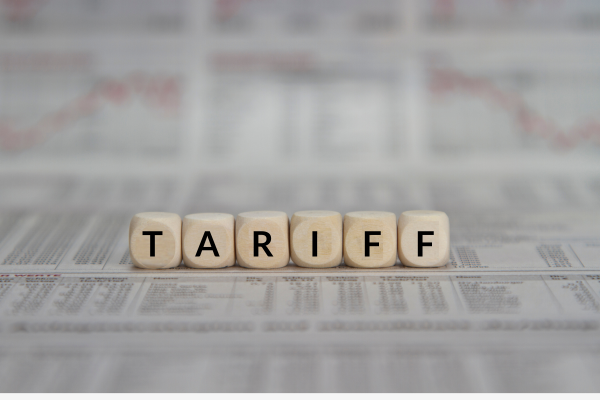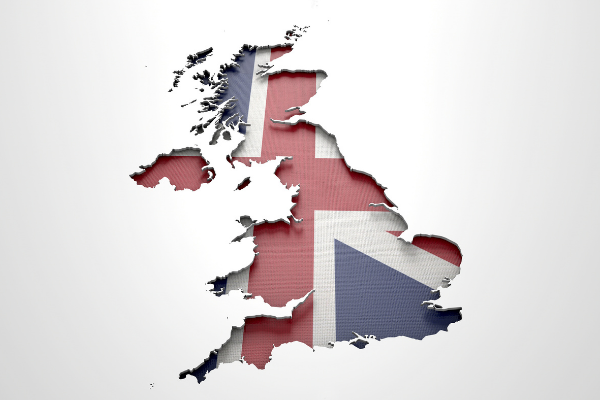BY:
SHARE:

The UK Government Department of Business and Trade has issued a press release announcing the signing of a trade agreement between the UK and India.
The press release details that the agreement marks the most economically significant bilateral trade agreement made by the UK since EU exit, and the best deal that the Indian Government have ever agreed.
The deal will include a significant drop in Indian tariffs on importing UK goods, including goods from the automotive and advanced manufacturing sectors.
According to the information released, tariffs on UK goods for export to India will be reduced over 10 years. The exact tariff details and UK exports affected will become clear when the agreement is fully published.
The agreement is said to champion improved import procedures for UK goods into India, a joint UK-India project on one streamlined portal supporting UK-India trade, and the online publication of Indian customs procedures and related regulations in English.
What the Press Release Says:
A multi-billion-pound boost to the UK economy, with a landmark India trade deal to make working people better off
- Huge economic win for UK as trade deal with India agreed, which will deliver for working people and British businesses
- Deal will slash Indian tariffs on key products such as whisky, cosmetics and medical devices, locking in reductions on 90% of tariff lines for UK exports to unleash opportunities for businesses across regions and nations of the UK
- Delivers on Plan for Change as £4.8 billion added to the UK economy and £2.2 billion in wages every year in the long run under the deal
- The UK and India have today (Tuesday, 6 May) agreed to a landmark trade deal that delivers on this government's core mission of growing the economy, raising living standards, and putting money in people’s pockets.
Indian tariffs will be slashed, locking in reductions on 90% of tariff lines. 85% of these will become fully tariff-free within a decade.
Whisky and gin tariffs will be halved from 150% to 75% before reducing to 40% by year ten of the deal, while automotive tariffs will go from over 100% to 10% under a quota.
Other goods with reduced tariffs, which can open markets and make trade cheaper for businesses and Indian consumers, include cosmetics, aerospace, lamb, medical devices, salmon, electrical machinery, soft drinks, chocolate, and biscuits.
As the UK liberalises tariffs, British shoppers could see cheaper prices and more choice on products such as clothes, footwear, and food products, including frozen prawns.
The deal is expected to increase bilateral trade by £25.5 billion, UK GDP by £4.8 billion and wages by £2.2 billion each year in the long run.
UK businesses gain a competitive edge over international competitors when entering India’s enormous market, as it gets even bigger and is forecasted to become the 3rd largest global economy within three years.
Business and Trade Secretary Jonathan Reynolds and Indian Commerce Minister Piyush Goyal held final talks in London last week after relaunching negotiations only two months ago. Negotiators across both sides have worked around the clock since February to achieve this deal, which is the biggest and most economically significant bilateral trade deal the UK has made since leaving the EU and the best deal India has ever agreed to.
Technical Details on Ratification, Publication and Putting the Agreement into Working Practice
After completion of the negotiations, the trade agreement will go through a ratification process in both countries.
In the United Kingdom, the ratification of treaties follows the Constitutional Reform and Governance Act 2010 (CRAG). The key steps include:
- Laying Before Parliament: The treaty must be presented to Parliament for 21 sitting days.
- Parliamentary Scrutiny: During this period, Parliament can scrutinize the treaty. If either House objects, the government must address concerns, which could extend the process.
- Implementation Legislation: If the treaty requires changes to domestic law, additional legislation must be passed, which can add to the timeline.
Given these steps, the UK ratification process typically takes several months. However, the government may expedite the process for significant agreements like the UK–India FTA.
In India the ratification process appears more streamlined, as follows:
- Executive Approval: The agreement is approved by the Union Cabinet.
- Parliamentary Oversight: While not always required, Parliament may be involved if the treaty necessitates changes to existing laws.
- Once ratification is complete, the full text of the UK-India FTA, including detailed chapters and annexes, will be published on GOV.UK.
Working Practice
As with all trade agreements, the details will be published in the annexes to the agreement.
Lower or zero duty rates will be calculated using the Product Specific Rules of Origin published in the annexes.
Further information can be found at the links below:
Press Release from the DBT can be found here:
UK signs trade deal with India - GOV.UK
Technical statistical data can be found on the DBT Technical note at the link below:
Technical note of the preliminary economic impacts of the UK-India Free Trade Agreement - GOV.UK
UK-India trade deal: conclusion summary - GOV.UK
UK-India Free Trade Deal: A Deal For Growth - GOV.UK
For information: A link to the Indian Government Tax website that covers India Customs Regulations can be found here:
Tax Information
If you are interested in exploring this topic further, you might find it worthwhile to consider the training courses and live clinics offered by Strong & Herd LLP:
OneCall™ Email assistance as and when required; A one-call solution for all your import, export and customs enquiries. Export help. Import help. Customs help.
Stay informed about customs and international trade matters by subscribing to our OneCall™ service. This comprehensive offering includes a dedicated email helpline for support, timely practical updates direct to your inbox (Did You Know?), monthly UK Customs & Trade Briefings and access to an interactive members' area with an exclusive community for our subscribers.
International Trade Updates & Spotlight Newsletter
Subscribe to our free information emails covering international trade topics...
MORE INDUSTRY INSIGHTS...











